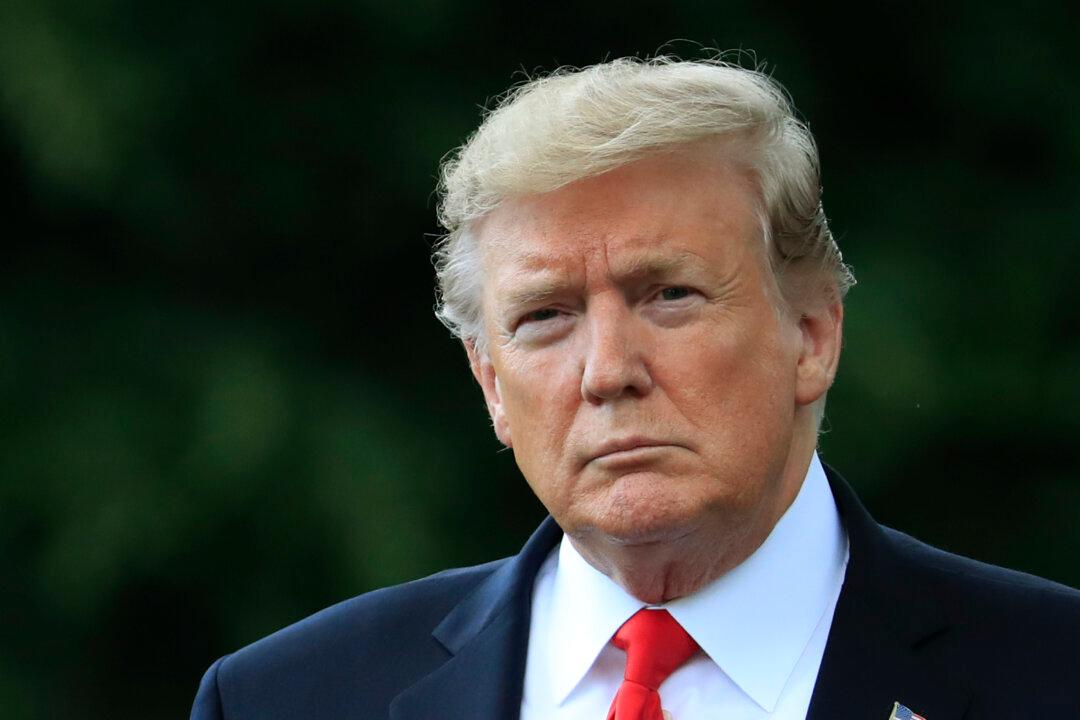President Donald Trump reached an agreement with two House committees to delay the enforcement of subpoenas seeking his financial records from two banks.
In a joint court filing (pdf) on May 25, attorneys for President Donald Trump and the House Intelligence and Financial Services committees asked a federal court judge to put on hold the court proceedings, pending the outcome of an appeal case.




